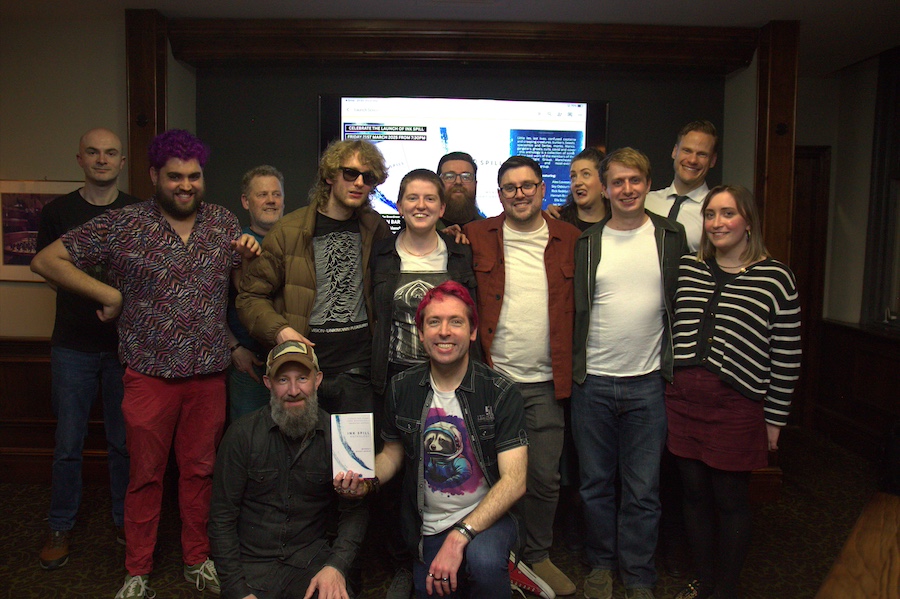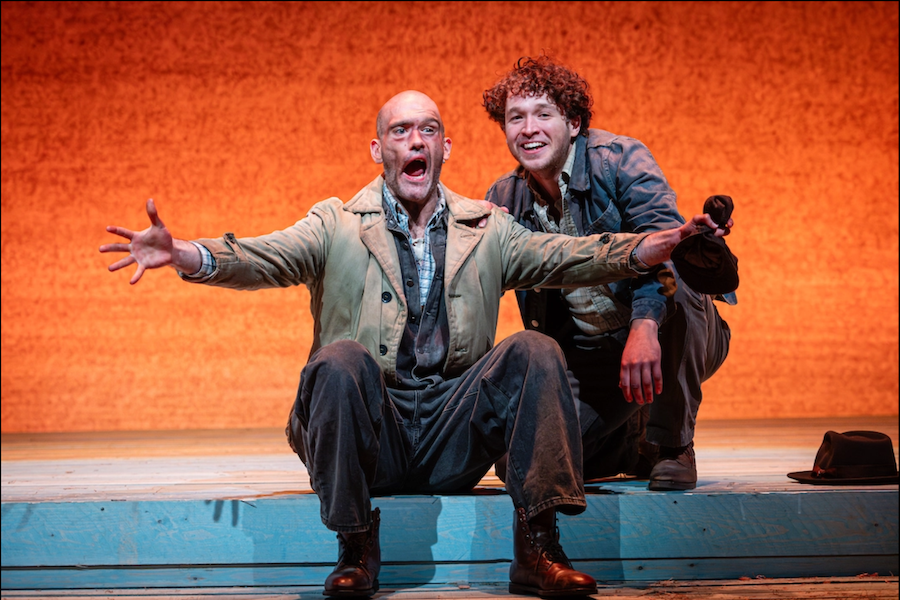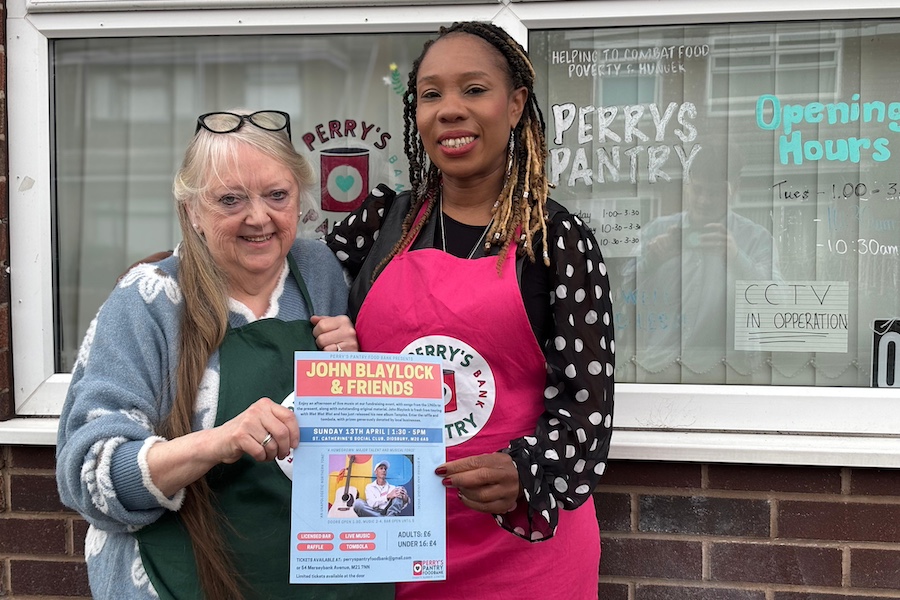Review: The House Party at HOME is ‘a bold exploration of modern class divides’
- Written by Tim Gallagher
- Last updated 4 days ago
- Theatre
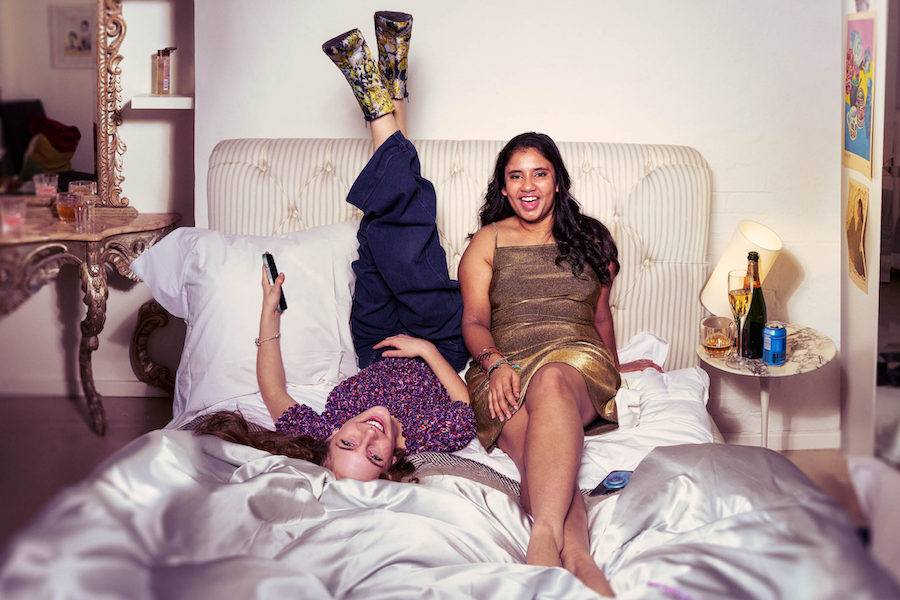
A contemporary retelling of the late 19th Century play Miss Julie, The House Party manages to create a narrative of class differences for the ‘Skins generation’ (or whatever the gen Z equivalent is, possibly Euphoria?).
We join best friends Christine and Julie on the night of the latter’s 18th birthday, their asymmetric friendship immediately clear via the social dynamics on stage. As the night unfolds Julie’s highly- strung, trauma-rooted histrionics and Christine’s put-upon and long-suffering support intersect with the simmering resentment of Christine’s try-hard and dreamer boyfriend, Jon.
The House Party at HOME
The play originally posed questions of Darwinism and social mobility and if anything seems a little outdated given the source material was about an aristocrat and her servants.
To resolve this issue the characters are depicted in a friendship that crosses social boundaries with any questions about the plausibility of this (how did they even meet for a start?) resolved by a clever revenge-porn subplot. Any residual doubts are put to bed by genius details that firmly place the
actors in 2025, not least on-stage vaping, hilarious depictions of social media use and a soundtrack that brings the party to life.
Carrying the play is the chemistry between the young actors who all embody their characters, conveying the intersections of class, race and gender without overshadowing their utterly plausible relationships.
Synnøve Karlsen as Julie
Synnøve Karlsen as Julie is perfect as the irritating, ‘too much’ friend that’s been dumped by her boyfriend the eve of her party. Her wide-eyed excitement teetering into self-hatred and ultimately self-destructive behaviour by the night’s end.
Tom Lewis as Jon is the northern-accented comic foil who, given the chance, shows himself to harbour embittered and misogynistic opinions on the birthday girl herself, making statements that are depressingly relevant to the contemporary social landscape.
Sesley Hope as Christine
But it is Sesley Hope as Christine who becomes the heart of the show pitching each scene perfectly to portray a girl caught between the other two leads, trying to please everyone and ultimately coming off worse.
The quiet luxury staging of a minimalist penthouse is perfect with onstage dancers that capture the topsy turvy air of a domestic home turned den of inequity, with the teenage party atmosphere the perfect backdrop for behaviour from the leads that would otherwise be too melodramatic to be
believable.
The movement and choreography makes the dance sequences something to enjoy in themselves rather than interludes in the drama, while the use of a two way mirror serves to drive home the dual nature of the characters even if it does stray into the accidentally comedic at points.
Overall, the play is high-calibre with some moving performances and enough onstage action and genuine laughs to prevent the monologue-heavy script from becoming turgid.
Without giving direct spoilers, the ending has been reworked with an epilogue which prompts ambiguous and open-ended questions.
Whereas the original source material is a meditation on the supposed death of the aristocracy and possible rise of the proletariat at the close of the 1800s, this seems to point out the endless cycles of poverty and inescapable paradigm of privilege we see nearly 400 years on from the start of the
industrial revolution.
At times even the dialogue on stage – laden with -played-for-laughs leftwing jargon – seems to say that ultimately class consciousness has been so appropriated and obscured so as to be futile. It makes for a gloomy contrast, let’s hope not, right?
Tickets for The House Party at HOME
The House Party is on at HOME from Tuesday 25th March to Sat 29th March and you can get tickets by clicking here
- This article was last updated 4 days ago.
- It was first published on 27 March 2025 and is subject to be updated from time to time. Please refresh or return to see the latest version.
Did we miss something? Let us know: press@ilovemanchester.com
Want to be the first to receive all the latest news stories, what’s on and events from the heart of Manchester? Sign up here.
Manchester is a successful city, but many people suffer. I Love Manchester helps raise awareness and funds to help improve the lives and prospects of people across Greater Manchester – and we can’t do it without your help. So please support us with what you can so we can continue to spread the love. Thank you in advance!
An email you’ll love. Subscribe to our newsletter to get the latest news stories delivered direct to your inbox.
Got a story worth sharing?
What’s the story? We are all ears when it comes to positive news and inspiring stories. You can send story ideas to press@ilovemanchester.com
While we can’t guarantee to publish everything, we will always consider any enquiry or idea that promotes:
- Independent new openings
- Human interest
- Not-for-profit organisations
- Community Interest Companies (CiCs) and projects
- Charities and charitable initiatives
- Affordability and offers saving people over 20%
For anything else, don’t hesitate to get in touch with us about advertorials (from £350+VAT) and advertising opportunities: advertise@ilovemanchester.com
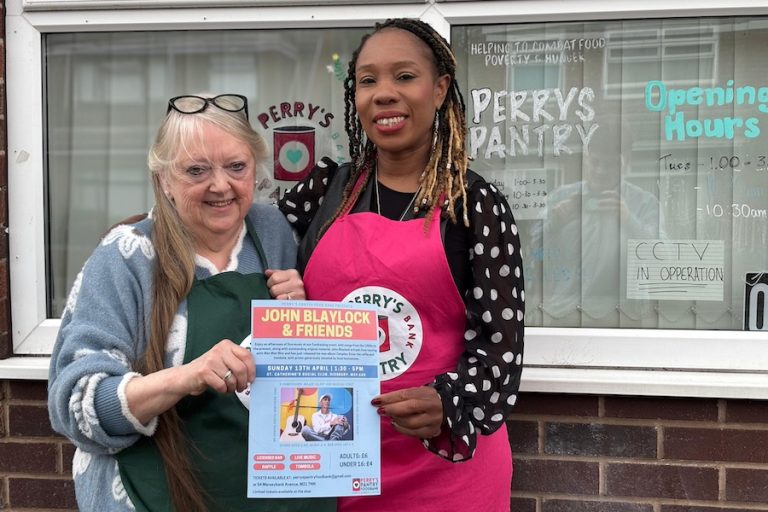
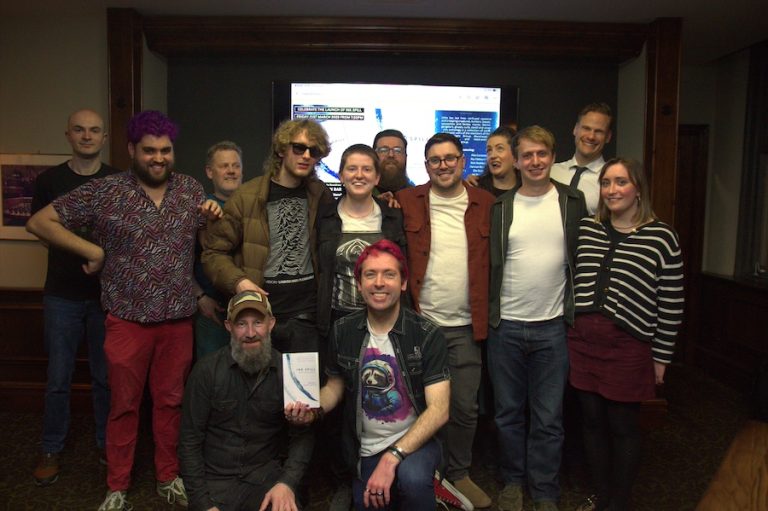
The eclectic group that’s been helping writers cut their teeth for 50 years
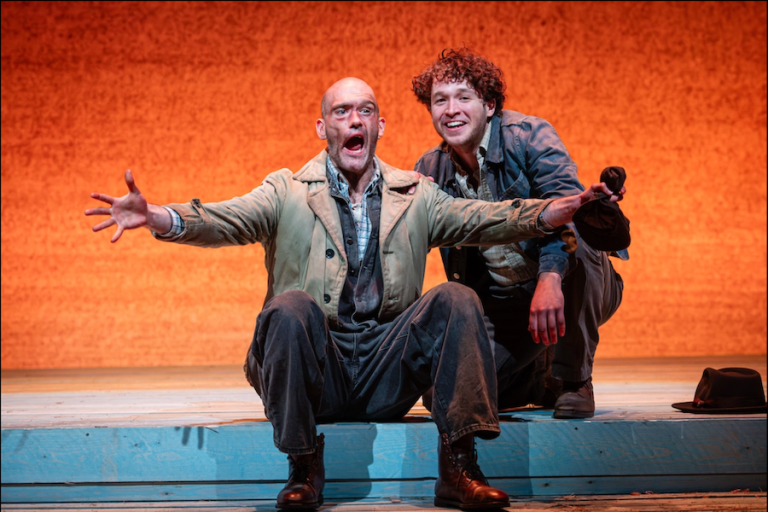
Review: Of Mice and Men at Bolton Octagon is ‘a moving tribute to Steinbeck’s classic’

“His presence will be deeply missed” Children’s hospice bids farewell to their visionary CEO

Has Gordon Ramsay created Manchester’s ultimate bottomless brunch?







